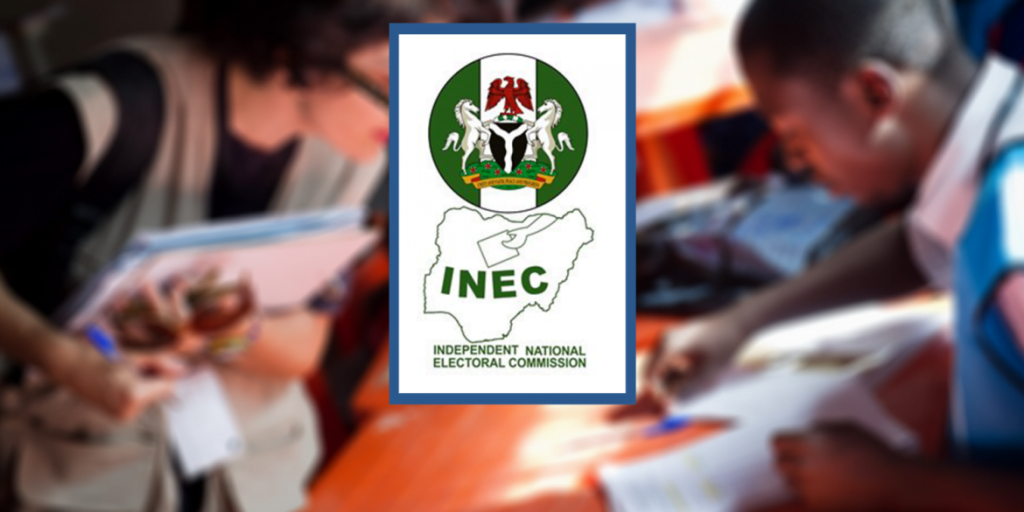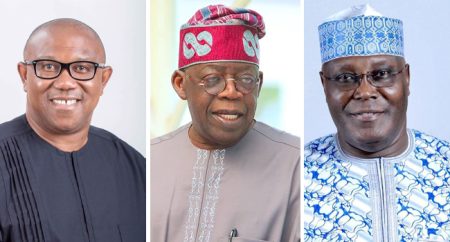The Independent National Electoral Commission (INEC) is taking proactive steps to clarify the process of reviewing election results, a crucial aspect of ensuring free and fair elections in Nigeria. This initiative stems from the diverse interpretations of Section 65 of the 2022 Electoral Act, which governs the review process. To address this ambiguity, INEC is developing a supplementary document to its existing 2022 Regulations and Guidelines. This supplementary document aims to provide clear and unambiguous guidance on the review of election declarations and returns. The commission expects to finalize this document shortly and will publish it on their website and other platforms for public access and scrutiny, ensuring transparency and promoting a shared understanding of the election review procedures. This clarification will be particularly relevant given the upcoming electoral calendar, which includes various by-elections, governorship elections, and ultimately, the 2027 general elections. By addressing potential ambiguities in the Electoral Act, INEC aims to prevent disputes and enhance the credibility of the electoral process.
INEC Chairman, Professor Mahmood Yakubu, emphasized the importance of this clarification during a meeting with Resident Electoral Commissioners (RECs). He highlighted INEC’s commitment to ensuring the integrity of the electoral process and the need for clear guidelines to avoid discrepancies in interpretation. The upcoming supplementary document is a testament to this commitment, providing a practical framework for the implementation of Section 65 of the Electoral Act. The chairman also stressed the importance of proactive preparations, urging RECs to view their roles as continuous responsibilities, rather than activities confined to the periods immediately preceding elections. He underscored the significance of ongoing efforts in areas like logistics, voter engagement, and the implementation of electoral reforms. This proactive approach emphasizes the sustained effort required to ensure the smooth conduct of elections and not just during the election period itself.
The busy electoral calendar ahead underscores the significance of INEC’s proactive measures. With several by-elections scheduled for August 2025, followed by the Anambra State governorship election in November, Area Council elections in the Federal Capital Territory in February 2026, and governorship elections in Ekiti and Osun states in June and August 2026 respectively, the commission is gearing up for a demanding period. These elections will serve as testing grounds for the clarified procedures outlined in the supplementary document and will allow INEC to refine its processes ahead of the 2027 general elections. The diverse range of elections, from local to state level, further emphasizes the need for a clear and consistent approach to the review of election results.
Professor Yakubu urged the RECs to take ownership of their responsibilities and implement INEC’s policies and procedures proactively at the state level, without requiring constant direction from the headquarters. He emphasized that the success of elections hinges on their consistent commitment and knowledge of the latest electoral reforms and innovations. He encouraged them to build their capacity and that of their staff to implement these new policies effectively. This call for proactive engagement from RECs highlights the decentralized nature of the electoral process and the importance of local ownership in ensuring its success. By empowering RECs to take initiative, INEC aims to enhance the efficiency and responsiveness of the electoral system across the country.
The chairman also announced the resumption of the Continuous Voter Registration (CVR) exercise nationwide, commencing with online pre-registration on August 18, 2025, and in-person registration on August 25, 2025. This exercise provides an opportunity for eligible citizens who have not yet registered to do so, and for existing voters to update their information or transfer their registration if necessary. In Anambra State, where the governorship election is imminent, the CVR will commence earlier, the following week, and will be conducted simultaneously in all 326 wards across the state. This targeted approach demonstrates INEC’s commitment to ensuring maximum participation in the Anambra election and acknowledges the specific logistical requirements of the state.
The consultative meeting also served as an introductory platform for new members of the INEC team. Two new National Commissioners, Professors Sunday Aja and Abdulrazak Yusuf, were introduced, alongside six recently sworn-in RECs, four of whom were attending the quarterly meeting for the first time. This influx of new leadership highlights the ongoing evolution of INEC and the importance of ensuring continuity and consistency in the implementation of its strategic vision. The inclusion of these new members in the consultative meeting provides a valuable opportunity for knowledge sharing and collaboration, further strengthening the commission’s capacity to deliver credible elections. This emphasis on consultation and collaboration both within INEC and with external stakeholders is vital for ensuring that the electoral process is transparent, inclusive, and reflects the will of the Nigerian people.














